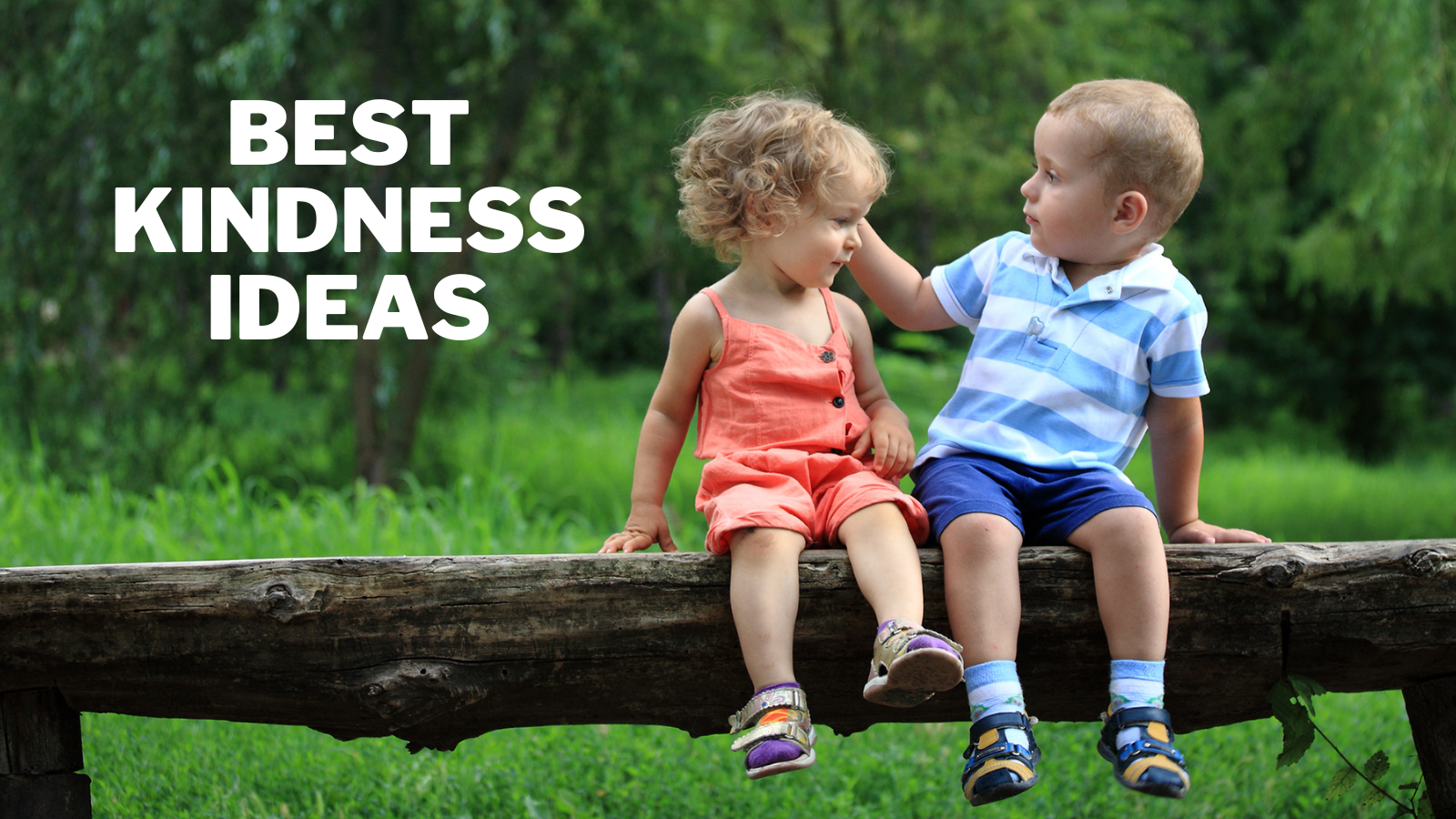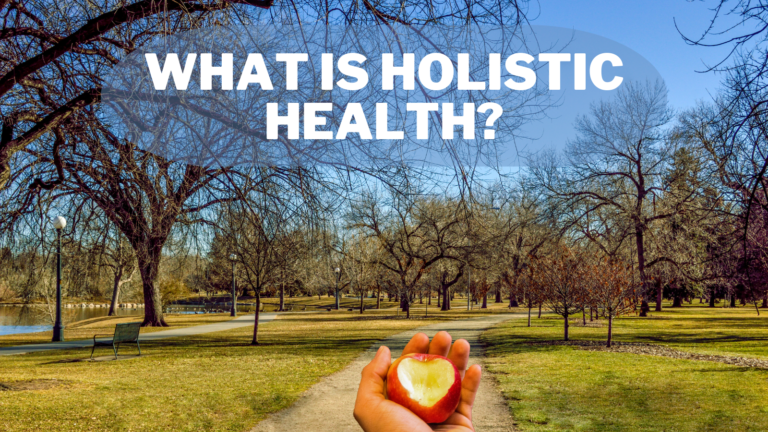Best Kindness Ideas
Best Kindness Ideas
In a world where negativity and stress often dominate, kindness can brighten someone's day and bring a smile.
Whether a small gesture or a glorious act, practicing kindness can positively impact the people around us and help create a more compassionate and caring society.
In this blog, we will explore various kindness ideas that you can incorporate into your daily life.
From random acts of kindness to intentional acts of generosity, there's no shortage of ways to spread kindness and make a difference.
So let's dive in and discover how small acts of kindness can have a big impact!

What Is Kindness?
Kindness is a quality or act of being friendly, considerate, compassionate, and understanding towards others.
It involves showing genuine care and concern for the well-being of others without expecting anything in return.
Kindness can be expressed in various ways, such as through generosity, helping others in need, offering encouragement or support, and showing empathy and understanding toward others' feelings and experiences.
Kindness is often associated with positive human values like empathy, compassion, tolerance, and respect.
It involves treating others with kindness and how you would like to be treated. Kindness can be towards family, friends, acquaintances, strangers, animals, and oneself.
Practicing kindness has numerous benefits both for the giver and the receiver. It can create positive social connections, foster community, promote mutual understanding and respect, and contribute to a more harmonious and compassionate society.
Kindness also positively affects mental and emotional well-being, reducing stress, increasing happiness, and enhancing overall life satisfaction.
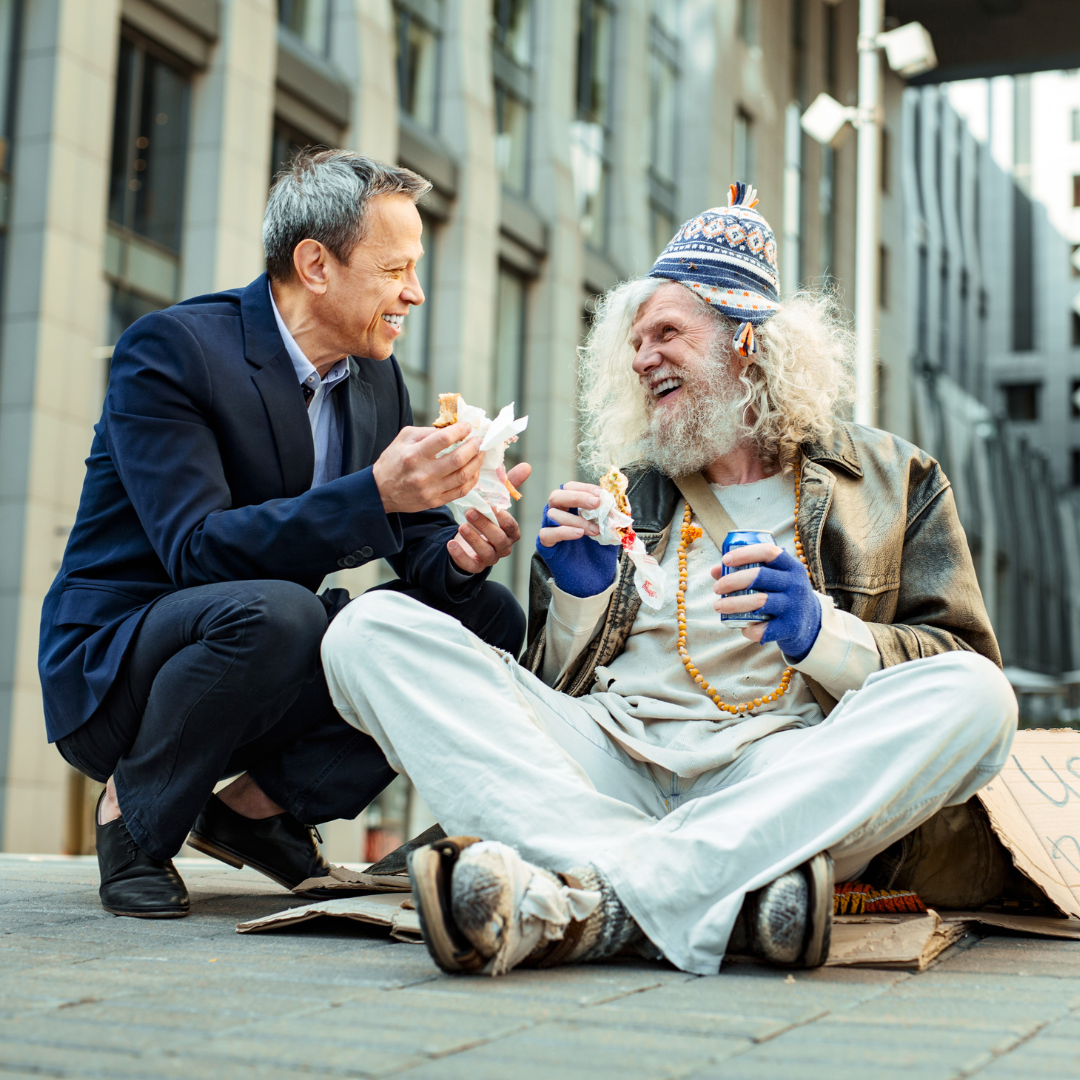
Best Kindness Ideas
Kindness is a powerful force that can positively impact the world around us. Whether it's a small gesture or a grand act, kindness can brighten someone's day, boost their spirits, and make a difference in their life.

1. Compliment Someone
Giving compliments is a great way to show appreciation and kindness towards others. It can uplift their spirits and make them feel valued.
Complimenting someone on their unique qualities, skills, or achievements can significantly impact their day.
It shows that you have taken the time to recognize their efforts and accomplishments and appreciate them for who they are.
Remember, a compliment doesn't have to be grand or extravagant to be meaningful. A simple, genuine compliment can go a long way in making someone feel good about themselves. So don't hesitate to spread positivity and kindness through compliments whenever you can!
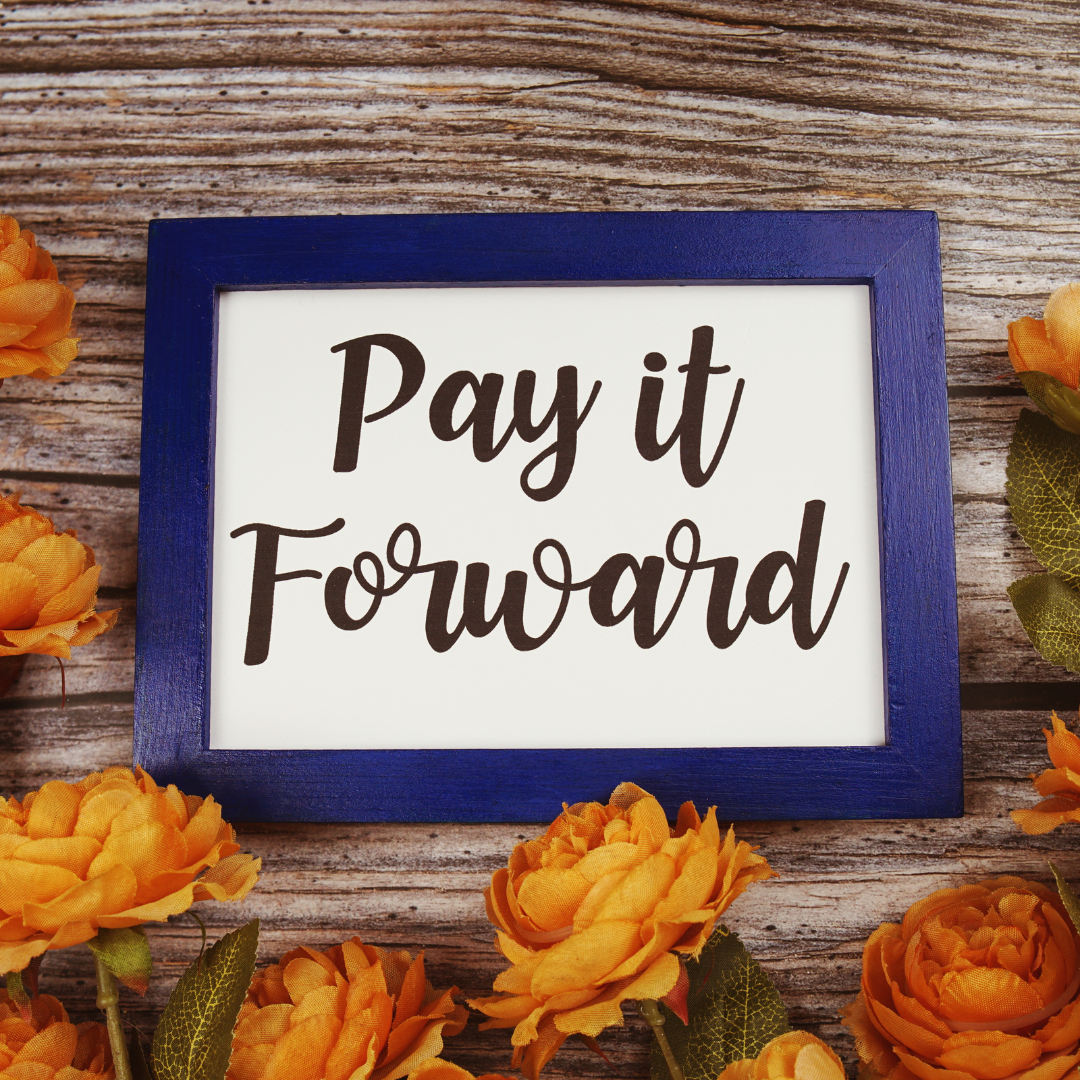
2. Pay It Forward
“Pay it forward” is a concept that encourages people to do something kind for others without expecting anything in return.
If everyone does a small act of kindness for someone else, it will create a ripple effect and inspire others to do the same. This can lead to a more positive and compassionate society.
“Pay it forward” comes from repaying a good deed by doing something kind for someone else rather than directly repaying the person who helped you.
The concept gained popularity after Catherine Ryan Hyde's novel Pay It Forward was released in 1999 and later adapted into a movie in 2000.
There are many ways to “pay it forward,” from simple acts of kindness like holding the door open for someone to more significant acts like volunteering your time to help others.
Some people choose to pay for the person behind them in line at a coffee shop or fast-food restaurant, while others may leave a generous tip for a waiter or waitress.
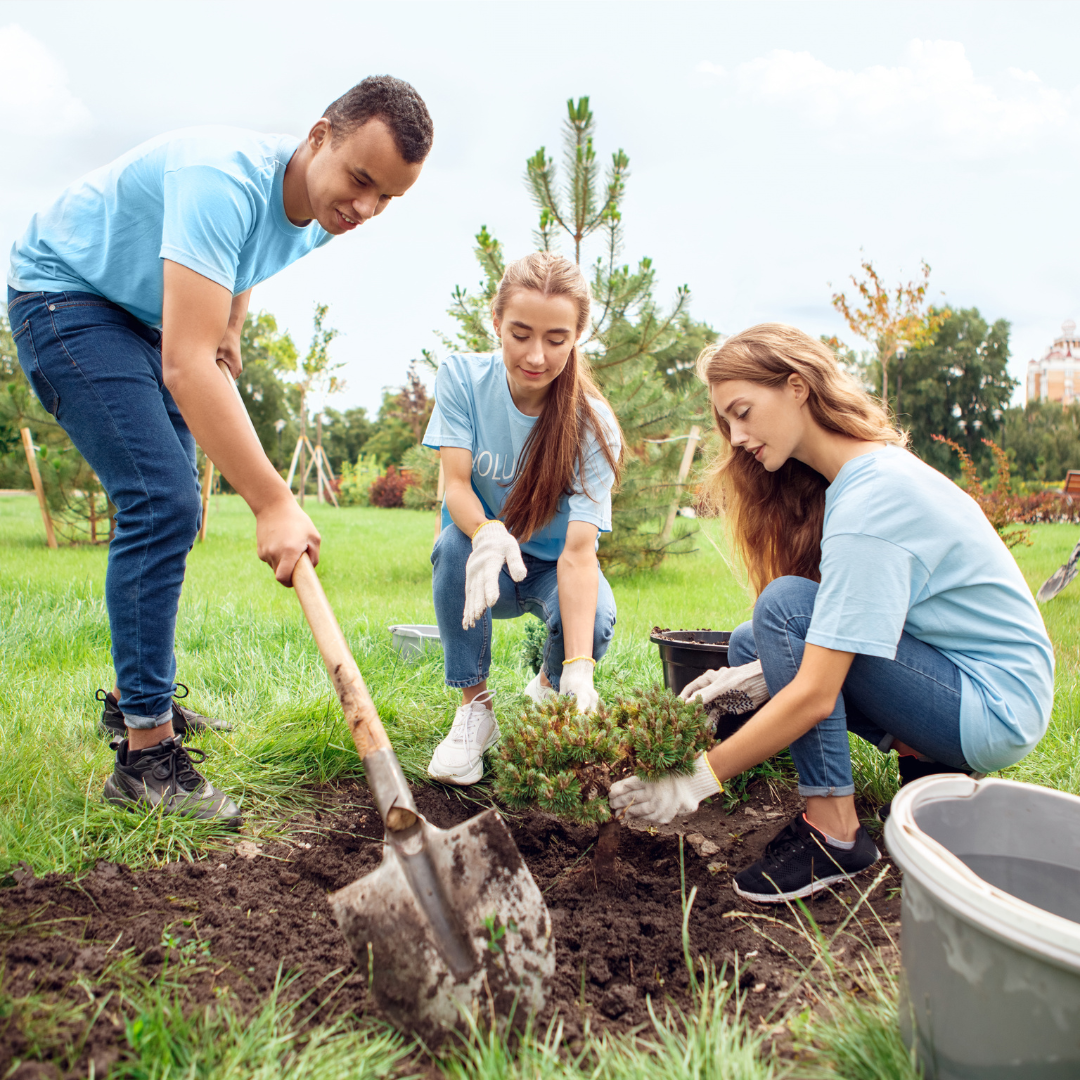
3. Volunteer
Volunteering your time and skills to a local organization can be a rewarding experience that benefits those in need and helps you grow as an individual.
Whether you are passionate about helping the homeless, working with animals, or advocating for social justice, there is likely a local organization that aligns with your values and can benefit from your contributions.
Volunteering can take many forms, from hands-on work, such as serving meals or building homes, to behind-the-scenes tasks, such as fundraising or administrative work.
Before deciding on an organization to volunteer with, consider your interests, skills, and availability, and contact several organizations to explore your options.
When volunteering, it is important to communicate openly with the organization about your goals, expectations, and availability.
Be prepared to undergo any necessary training and background checks, and be flexible in your schedule and duties.
Remember that volunteering is about giving your time and skills and building relationships with the people and communities you serve.

4. Send A Handwritten Note
In today's world of emails, texts, and social media, a handwritten note can stand out and make a lasting impression on the recipient.
It shows that you exerted extra effort to express your thoughts and feelings more personally and meaningfully.
Handwritten notes are especially important in situations such as expressing condolences, thanking someone for a thoughtful gesture, congratulating someone on a special achievement, or just saying hello and letting someone know you are thinking of them.
Moreover, a handwritten note can create a lasting memory and be cherished for years. It is a physical reminder of the relationship between the sender and the recipient and the thought and care that went into the message.

5. Smile
Smiling is a universal expression that is recognized across cultures and languages. It is a natural response to happiness, joy, and other positive emotions.
However, research shows that smiling not only reflects our inner state but also has the power to influence our mood and emotions.
Smiling signals our brain to release feel-good chemicals like endorphins and serotonin, which can help reduce stress, anxiety, and pain.
Smiling can also profoundly impact those around us. It is contagious, and when we see someone smiling, it can trigger a positive response in us.
Smiling can create a sense of connection, improve social interaction, and help build trust and rapport. It can also improve our communication skills and make us more approachable and likable.

6. Mastering Active Listening
Active listening involves paying attention to what the other person is saying without interrupting or trying to provide solutions or advice.
It's about creating a safe space for the person to express themselves, to feel heard and understood.
To be an effective listener, you must give the other person your undivided attention. This means putting away distractions like your phone, avoiding multitasking, and focusing solely on the person in front of you.
You should also try to read the person's body language and tone of voice, as these can convey additional information about their emotional state.
It's also important to use open-ended questions to encourage the person to share more. You can say things like “Tell me more about that” or “How did that make you feel?” to help the person open up.
When someone is talking, try to validate their feelings by acknowledging their emotions and showing empathy.
This can be done by reflecting on what they're saying, using statements like “I understand why that would be difficult for you” or “That must have been really challenging.”

7. Offer Help
Offering help to someone who is struggling is a simple yet powerful act of kindness that can make a significant difference in someone's life.
It is an expression of empathy and compassion, and it can help build stronger connections between people.
You can offer your help in many different ways, depending on the situation and the needs of the person you're trying to assist.
For example, you might offer to carry someone's bags or hold the door open if they struggle with mobility issues.
Alternatively, you might offer emotional support to someone going through a difficult time, such as listening to them talk about their problems or offering them words of encouragement.
Help can also be a great way to build relationships and strengthen your connections with others.
By showing that you care and are willing to lend a helping hand, you can create a sense of trust and goodwill that can lead to deeper friendships and stronger bonds.

8. Be Kind To Yourself
Self-care and kindness towards oneself are crucial for maintaining good physical and mental health.
It involves taking deliberate actions to prioritize well-being and fulfill personal needs. While many people may find it easy to be kind and compassionate towards others, they often neglect themselves.
Self-care can take many forms, and the activities promoting it vary from person to person. Some common self-care practices include:
- Getting enough sleep
- Eating a healthy diet
- Staying physically active
- Practicing mindfulness or meditation
- Engaging in hobbies or activities that bring joy
- Seeking professional help when needed
Engaging in self-care benefits the individual and can have a positive impact on those around them.
When people prioritize their well-being, they are better equipped to handle stress, maintain healthy relationships, and approach challenges with resilience and compassion. By caring for themselves, they can spread kindness and positivity to those in their lives.

9. Say Thank You
Expressing gratitude and showing appreciation to someone who has helped you is a simple yet powerful way to strengthen your relationships and build connections.
It lets the person know their efforts were noticed and valued and can make you feel good.
Whether someone provided emotional support during a difficult time, gave you advice, or helped you with a task, taking the time to thank you can go a long way.
You can express your appreciation verbally, through a handwritten note, or a small gift or gesture.
It's important to remember that expressing gratitude doesn't have to be reserved for big or life-changing moments.
Even small acts of kindness and assistance can be worthy of acknowledgment and appreciation.

10. Give A Gift
Giving a small gift to someone can be a great way to show them that you care and are thinking of them.
The facility doesn't have to be expensive or elaborate but rather thoughtful and personalized.
Some ideas for small gifts could be a favourite book, a handwritten note, a homemade treat, a small plant, a candle, or a piece of jewelry.
When choosing a gift, consider the person's interests and preferences, and try to select something they will appreciate and enjoy.
Consider the timing and occasion of the gift. Is a special event or celebration coming up? Do you want to brighten someone's day?
Whatever the reason, a small gift can go a long way in making someone feel valued and appreciated.

11. Share Books
Sharing books is a wonderful way to show kindness and improve the world. Books are powerful – they can teach us new things, inspire us to improve, and bring us joy.
When we share books with others, we give them knowledge, comfort, and inspiration. It's like passing a piece of ourselves to someone else, hoping it can help them somehow.
Sharing books can be especially kind when we choose ones that have helped us in our own lives or that we think the other person would enjoy.
By sharing books, we can connect with others, spread happiness, and encourage personal growth.

12. Offer A Ride
Offering a ride to someone who doesn't have access to transportation can be a kind and helpful gesture.
It can significantly affect someone's life, especially when they are facing mobility or financial challenges. By providing a ride, you can help them safely, conveniently, and promptly get to their destination.
There are many reasons why someone may need access to transportation, such as not owning a car, not having a valid driver's license, or not being able to afford public transportation.
In some cases, people may have limited mobility due to a disability or illness, making it difficult to use public transport or walk long distances.
If you know someone who needs a ride, consider offering your help. It's essential to communicate clearly and respectfully with the person and ensure they are comfortable with the arrangement.
It's also important to establish clear expectations regarding the pick-up time, destination, and any potential costs associated with the ride.
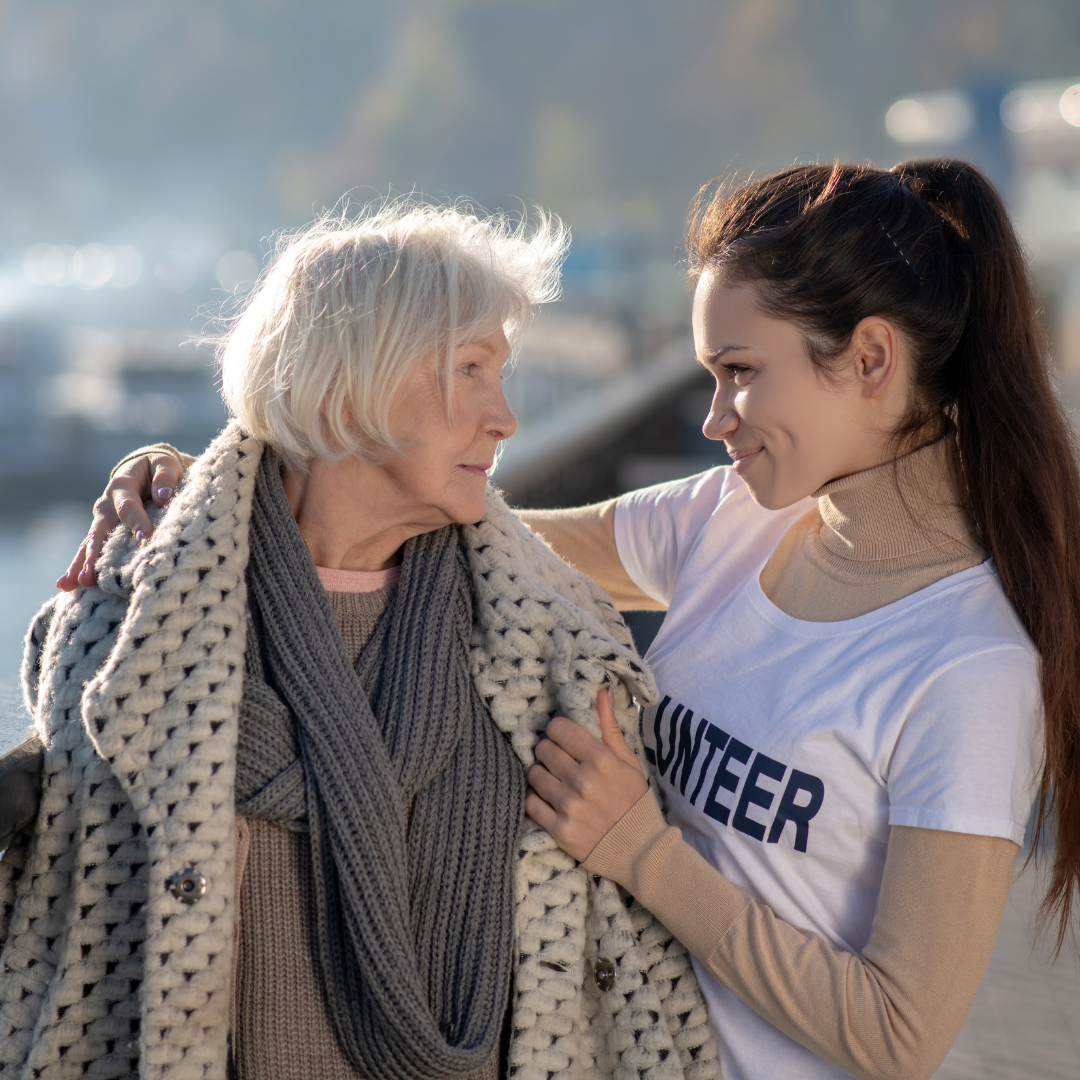
13. Give Someone Your Time
Spending time with others is one of our most valuable gifts. Whether it's a friend, family member, or someone we've just met, taking the time to connect with others can have a powerful impact on their well-being.
In particular, spending time with someone feeling lonely or isolated can be especially meaningful.
Loneliness and social isolation are linked to several negative health outcomes, including depression, anxiety, and cognitive decline.
By spending time with someone experiencing these feelings, we can help alleviate their loneliness and improve their overall well-being.
Quality time can take many forms, depending on the preferences and interests of the person you spend time with.
It could involve simply sitting and chatting over coffee, walking in the park, or engaging in a shared hobby or interest.
The key is to be present and attentive, giving the other person your undivided attention and showing that you value their company.

14. Give A Hug
Hugging is a physical gesture involving wrapping your arms around and embracing someone. It is a natural human instinct and has numerous benefits for physical and mental health.
Hugs release oxytocin, a hormone that promotes bonding and feelings of trust, love, and connection.
Oxytocin can also lower the levels of the stress hormone cortisol, leading to reduced stress and anxiety.
Hugging also increases levels of serotonin and dopamine, which are neurotransmitters that play a role in regulating mood and promoting feelings of happiness and pleasure.
Hugs can help strengthen the immune system by boosting the formation of white blood cells and reducing bodily inflammation.
Research has shown that hugging can especially benefit individuals experiencing emotional distress.
Hugging can provide comfort and a sense of security and help reduce feelings of loneliness and isolation.

15. Say Hello
Saying hello to strangers is a simple but effective way to impact someone's day positively. Feeling disconnected from others in our busy, fast-paced lives can be easy, but a friendly greeting can help break down those barriers and create a sense of community.
In addition to making someone feel seen and acknowledged, saying hello can also have other benefits.
It can help reduce feelings of loneliness and social isolation, which are linked to negative health outcomes. It can also improve our mood and well-being by fostering positive social interactions.
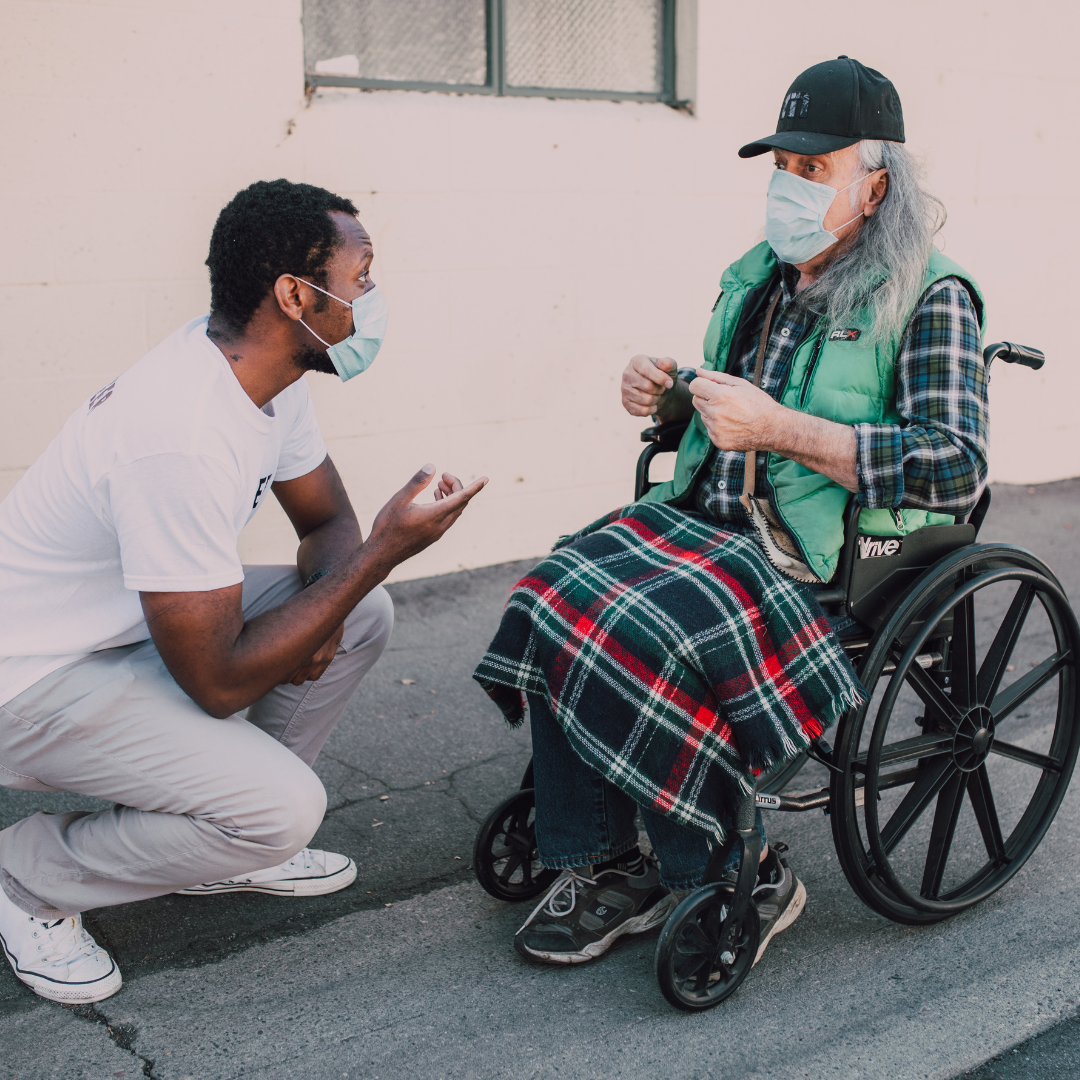
Conclusion
Kindness is a powerful force that can positively impact the world. There are many different ways to practice kindness, whether through small acts of compassion or larger gestures of generosity.
Some ideas for practicing kindness include volunteering, donating to charity, complimenting someone, offering a listening ear, or simply smiling at a stranger.
Remember that kindness doesn't have to be complicated or grandiose – the little things often make the biggest difference.
Incorporating kindness into daily life can help create a more compassionate, caring, and inclusive world.
I trust you enjoyed this article on the Best Kindness Ideas. Please stay tuned for more blog posts to come soon. Take care!
JeannetteZ
>>>Please click here to read my all-inclusive article about A Comprehensive Guide To Healing Naturally<<<
>>>Are you interested in Natural Healing through Herbs? Please click here for my #1 Recommendation<<<
Your Opinion Is Important To Me
Do you have thoughts, ideas, or questions? I would love to hear from you. Please leave me your questions, experiences, and remarks about this article on the Best Kindness Ideas in the comments section below. You can also email me at Jeannette@Close-To-Nature.org.
Disclosure
This post may contain affiliate links. I earn from qualifying purchases as an Amazon Associate and other affiliate programs. Please read my full affiliate disclosure.
You might also enjoy these blog posts:
8 Most Delicious Keto Snack Recipes
12 Super Simple Herbal Tea Recipes
Easy Steps To Grow Papaya In Pots

